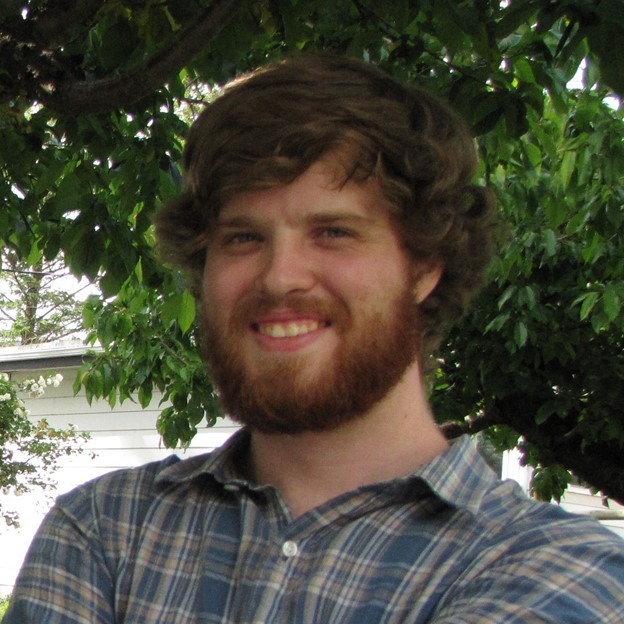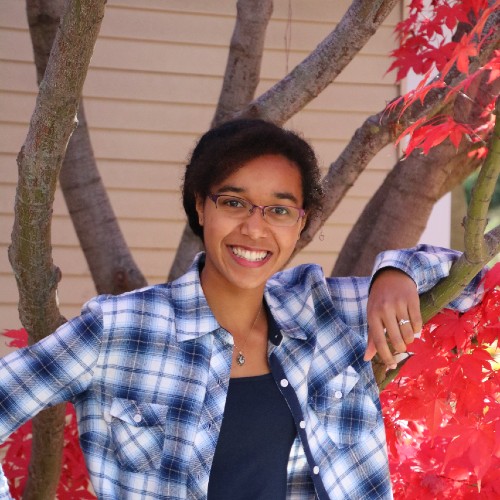In addition to meeting the TRU course requirements prior to the start date of classes, students are required to meet the following TRU Start Admission Criteria as documented on their high school report card:
Once your application is submitted to your school’s Trades and Transitions coordinator, they will ensure it is delivered to TRU for assessment. But where do we go from here?
Can I apply online for TRU Start?
No, you must apply using a TRU Start paper application.
Do I have to pay the tuition deposit?
No, as a TRU Start Course taker you are not required to pay the usual $300 tuition deposit.
How do I pay for my TRU Start course(s)?
Tuition, fees, books and supplies are your responsibility. However, TRU will be funding the cost of tuition for students with demonstrated financial need. After applying to TRU Start Courses, all students will be invited to submit a short application to be considered for tuition funding.
TRU Start students whose parents/guardians currently work at Thompson Rivers University can also explore the use of the tuition waiver.
TRU Ancilliary fees, books, and supplies are not included in the funding mentioned above and will need to be paid before the start of each term.
What if I’m taking English 12 course in the fall semester, can I still apply for TRU Start English?
Yes, you may still apply to a TRU Start English course, but only for the winter semester. Students must have completed their English 12 class prior to the start of their TRU Start course.
The only exception to this is that some student’s English 12 class may slightly overlap the first couple classes within the TRU winter semester (students will still be finishing up the last little bit of their English 12 class, but their TRU start course will commence in early January. They may be working on both at the same time for a very short period, perhaps 1-2 weeks). In this case, students must submit an interim grade/transcript to TRU in mid-November to show that they are on course to be successful in their English 12 class (with at least a 73% grade).
I’m receiving emails about registration dates. When do I register for my classes? Do I register myself?
No, TRU Start students do not register themselves for their courses through their myTRU student accounts. The TRU Admissions office will register you in your TRU Start course(s) and will notify you once this has been done (sometime in June).
Can I take TRU Start courses online?
Yes, you may take courses online, but the application process is different. More information can be found by selecting the TRU Start BC (distance) tab.
What if my TRU class is during a time when I have other commitments?
TRU Admissions puts a lot of behind-the-scenes effort into organizing TRU Start courses and making sure appropriate TRU faculty are teaching these classes. As such, there is often only one course day/time offering for each TRU Start courses per semester (keeping in mind also that not every TRU Start course is offered each term). If the course you are registered in does not work with your schedule, contact admissions@tru.ca to switch to a new class (see below), or you can simply drop the class.
What if TRU registers me in a course and then I decide I’d like to switch into a different course?
If you’re unhappy with the course you’re registered in, you can contact admissions@tru.ca to see if changing courses is an option. Provided it is before the posted registration deadline and there is still space in your preferred class, they may be able to make course changes for you.
If I do not want to attend TRU after graduating, are my TRU Start courses transferable to other post-secondary institutions?
Potentially. TRU cannot advise on the transferability of their courses and cannot advise on what courses other institutions will accept into their programs. We encourage students to use the BC Transfer Guide, or to contact the school directly to confirm transferability.
What if my course is offered while I am in school?
If you are offered admission to TRU Start, you can expect your classes to run Monday to Friday between the hours of 3:30 p.m. - 8:50 p.m. Course schedules will vary but are offered 1 to 3 times a week in 1-, 1.5- or 3-hour blocks. So, TRU Start courses will never be offered during regular high school hours.
Do I still have classes during Spring Break?
Yes, classes will still run during SD73’s Spring Break and TRU Start students are expected to attend. However, you will not have class during TRU’s mid-semester breaks.
Can I take two courses in one semester?
No, students are only permitted to take one TRU Start course per semester. You are however allowed to take one course in each semester (i.e., one in the fall semester and one in the winter semester).
What if I need to drop my class?
Students may drop their TRU Start course (and get a full refund for those who are not using the part-time studies grant for funding), if they do so by the TRU add/drop deadline. This deadline is usually within the first 2 weeks of classes.
If you believe you are not going to complete a course successfully, you may be able to formally withdraw to avoid a low or failing grade.
You can withdraw from a course after the add/drop deadline up to the withdrawal deadline (which is usually sometime in the last week of October) without a refund. A grade will not be issued, but a "W" will appear on your transcript. This will not affect your Grade Point Average (GPA).
If you do not drop or withdraw from a course within the above deadlines, your final grade will always remain on your official TRU transcript.
What if my high school is on the linear system and not semester?
If your high school is on a linear system, you may still be permitted to take TRU Start courses, as long as you have completed the required course prerequisite. In some cases, you may have had to complete these courses in your Grade 11 year.
Are TRU Start courses considered dual credit?
No, they are not considered dual credit courses. But you can contact your high school to see if TRU Start courses can be used as your high school electives. Only your high school can approve/allow this; it does not involve TRU.
Is there someone who can help me with my application?
Yes, the Future Students office is always available to assist students with their applications, as well as to answer any questions that you may have about TRU Start (even when you are in the course).
I am an engineering Transfer student, should I take TRU Start Courses?
If your goal is to apply for the Engineering Transfer program at TRU, we strongly advise against taking TRU Start. Our agreement with UBC prevents students from taking any advanced credit and all courses in the program must be taking within the same year. Taking a TRU Start course will void the transfer agreement that we have in place (for your application). Similarly, if you were looking to transfer to UVic with our guaranteed transfer agreement, there is a possibility that advanced credit courses may impact your transferability.
If you’re applying to TRU’s Bachelor of Engineering in Software Engineering, TRU Start is a great option and there are no restrictions.



